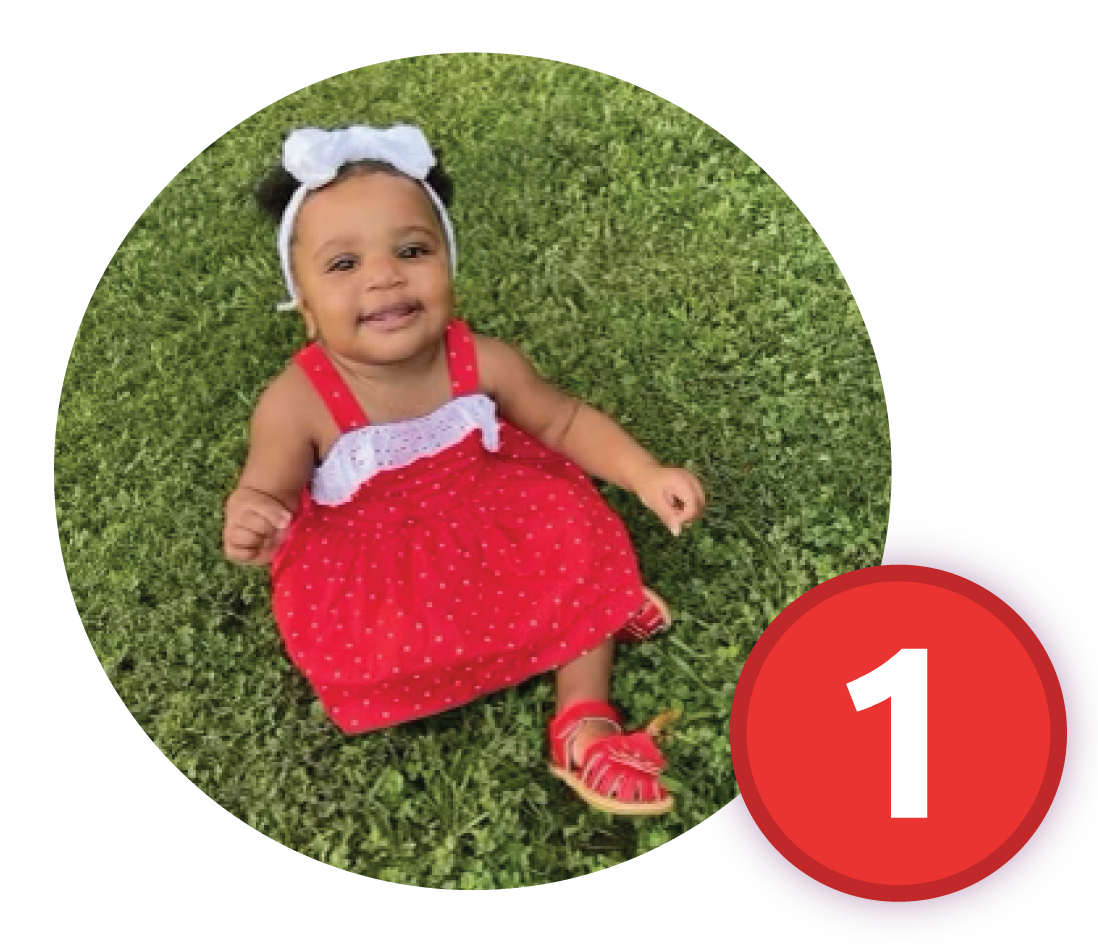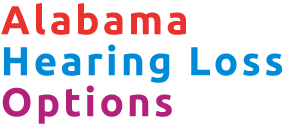FAQs

Act Early With Hearing Screening
My baby failed a newborn hearing screening. What do I need to do?
Don’t wait. A screening is a quick check. More testing is needed to give you the answers you need. Some babies who fail a newborn hearing screening are deaf or hard of hearing. Some babies who fail a newborn hearing screening have typical hearing levels. Your child needs you to know. Talk with your baby’s doctor. Be sure to schedule an appointment with a pediatric audiologist. The audiologist will be able to complete diagnostic testing that will give you the answers you and your baby need.
Do deaf or hard of hearing children learn language differently?
Most children who are deaf or hard of hearing have parents who have typical hearing levels. These children miss out on overhearing the flow of conversation around them. Missed information means missed ‘time in language’. Missed ‘time in language’ means missed learning.
There is good news! Options are available that allow children who are deaf or hard hearing to receive the ‘time in language’ and conversational turns they need to succeed. Modern hearing technologies or visual language like American Sign Language can connect children with the ‘time in language’ they need.
Professionals knowledgeable about the needs of children who are deaf or hard of hearing can help you learn to be your child’s best teacher. Ask questions. Learn all you can about the unique needs of children who are deaf or hard of hearing. Seek out knowledgeable professionals, other families, and adults who are deaf or hard of hearing. Build a support system. Most of all, enjoy your child! Laugh, smile, giggle, and play. Your involvement will make a positive difference.
What’s the rush? Why so much talk about language? Most kids don’t start “talking” until they are 1 or 2? (Why do you keep talking about ‘language’ so much?)
Language is important to brain development. Babies communicate from the time they are born. They cry when they are hungry or wet. They giggle and smile when they are happy. Between birth and 3 to 5 years of age, these early communication skills develop into the structures, words, sentences, and stories of language.
Language allows us to share thoughts, ideas, and opinions. Language connects us to family and community. All children need ‘time in language’ to learn language. The earlier you can begin getting “language” (either sign language or spoken language) to your child the better.
Can’t I wait and let my child make the choice?
Don’t wait. Children learn language best in the ‘critical period’. The ‘critical period’ for language learning is between birth and 3 to 5 years old. Research shows that children who get more ‘time in language’ and more conversational turns during this critical period tend to have stronger language and thinking skills than children who get less ‘time in language’ and fewer conversational turns. If you wait for your child to be old enough to make the choice, you will miss this critical period. If this critical period is missed, it is very hard for the brain to make up for the lost time. The faster you are focused, the less catch-up will be needed.
Visit our General FAQs section for additional support and guidance on how set your child with hearing loss up for success.
